The Halal market (products that Muslim consumers can use without violating religious rules) is opening a big door with much untapped potential, but it is also a market that requires very strict standards, from the origin, product quality to control of the entire supply chain.
 |
| Achieving Halal certification in the field of warehousing and irradiation helps complete the supply chain of goods to Muslim markets. |
According to Cognitive Market Research, a market research and consulting company, the global Halal market is expected to reach a size of approximately 2,548 billion USD in 2024 and is expected to grow at an average of 9.9% per year between 2024 and 2031. This is not only a market for Muslim countries but is also becoming a quality standard favored by international distribution systems thanks to its safety, transparency and clear traceability.
Seizing the opportunity, more and more Vietnamese enterprises in the agricultural and aquatic products sector are focusing on investing in Halal standards to access potential markets such as the Middle East, Malaysia, Indonesia or the North African region.
According to Ms. Nguyen Kim Hau, General Director of Seaspimex Vietnam Seafood Joint Stock Company, Halal standards are not only necessary for products to be accepted into Muslim markets, but also a guarantee for the quality of the enterprise's products. The enterprise specializes in producing canned products such as tuna, mackerel, crab meat... for export to high-end markets. Obtaining Halal certification for the production process in the factory has helped the unit to be more favorable in offering products and expanding the market.
Meanwhile, Ms. Ly Kim Chi, Chairwoman of the Ho Chi Minh City Food and Foodstuff Association, said that in the context of an increasingly demanding market, food and foodstuff enterprises must find new doors, diversify markets, and enter niche but potential markets.
“Our business focuses on production according to global standards, especially achieving Halal certification to demonstrate its transparent and safe production process. From there, businesses can easily introduce their products to reputable markets, open new doors, promote production and circulation of goods,” Ms. Ly Kim Chi emphasized.
According to Mr. Dang Phuc Nguyen, General Secretary of the Vietnam Fruit and Vegetable Association, products that strictly comply with the requirements of the Halal Law, including control of the entire supply chain, from input materials, production processes to preservation and transportation, will help businesses exploit the maximum potential of the Islamic market, a clear commitment to quality, and enhance the competitiveness of Vietnamese goods on the global export map. However, this market requires strict compliance throughout the supply chain.
“Irradiation is an effective method to sterilize, kill bacteria, insects and harmful microorganisms, in accordance with the safety regulations of the Islamic market. In addition, businesses must also comply with strict production and transportation processes, not being contaminated or cross-contaminated with prohibited substances. Thus, not only must the product be Halal certified, but it must also ensure that the logistics chain, from raw materials to production, transportation, microbiological and pest control and cold storage strictly comply with Halal standards, requiring businesses to cooperate with logistics units with specialized logistics ecosystems, recognized by international Halal organizations,” Mr. Nguyen analyzed.
Grasping this trend, many businesses have actively completed their supply chains according to Halal standards. Accordingly, TOANPHAT Group (TPG) has pioneered the construction of a Logistics Hub with two units: Toan Phat Irradiation Company Limited (TPI) and Toan Phat Logistics Joint Stock Company (TPL).
This center is comprehensively assessed according to strict Halal standards from transportation, microbiological and pest control to cold storage, in which Toan Phat Irradiation Company Limited achieved Halal certification for irradiation treatment services to control microbiological and pests and Toan Phat Logistics Joint Stock Company's cold storage system meets Halal storage standards, contributing to solving logistics bottlenecks that many businesses are facing.
Mr. Tran Van Tan Cuong, General Director of Vietnam National Halal Company, said that Halal certification brings many benefits to businesses such as expanding the market, increasing prestige, improving competitiveness, creating trust with consumers and opportunities to increase revenue.
“Having pioneering units achieving Halal certification in the field of warehousing and irradiation like Toan Phat not only helps the unit ensure consistency in quality control but also effectively supports Vietnamese enterprises to better access markets with strict requirements and comply with international regulations,” Mr. Tran Van Tan Cuong added.
The Halal market requires more than a standard product, it is also a commitment to transparency, cleanliness and safety throughout the value chain. In the global game, perfecting the Halal supply chain, including logistics, not only helps Vietnamese goods expand the potential Halal market but also contributes to positioning the quality of Vietnamese agricultural and aquatic products globally.
Source: https://huengaynay.vn/kinh-te/doanh-nghiep-viet-xay-dung-ho-chieu-xanh-xuat-khau-vao-thi-truong-halal-156706.html


![[Photo] The 1st Congress of Phu Tho Provincial Party Committee, term 2025-2030](https://vphoto.vietnam.vn/thumb/1200x675/vietnam/resource/IMAGE/2025/9/30/1507da06216649bba8a1ce6251816820)
![[Photo] General Secretary To Lam, Secretary of the Central Military Commission attends the 12th Party Congress of the Army](https://vphoto.vietnam.vn/thumb/1200x675/vietnam/resource/IMAGE/2025/9/30/9b63aaa37ddb472ead84e3870a8ae825)
![[Photo] Solemn opening of the 12th Military Party Congress for the 2025-2030 term](https://vphoto.vietnam.vn/thumb/1200x675/vietnam/resource/IMAGE/2025/9/30/2cd383b3130d41a1a4b5ace0d5eb989d)
![[Photo] Panorama of the cable-stayed bridge, the final bottleneck of the Ben Luc-Long Thanh expressway](https://vphoto.vietnam.vn/thumb/1200x675/vietnam/resource/IMAGE/2025/9/30/391fdf21025541d6b2f092e49a17243f)

![[Photo] President Luong Cuong receives President of the Cuban National Assembly Esteban Lazo Hernandez](https://vphoto.vietnam.vn/thumb/1200x675/vietnam/resource/IMAGE/2025/9/30/4d38932911c24f6ea1936252bd5427fa)
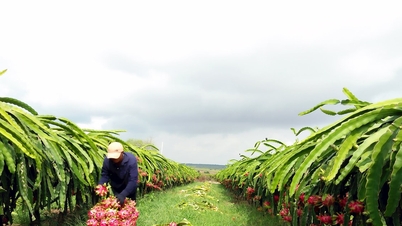

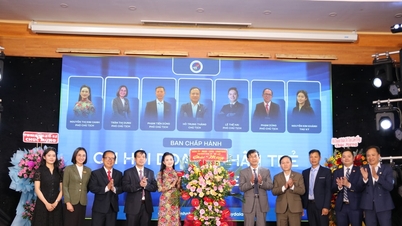


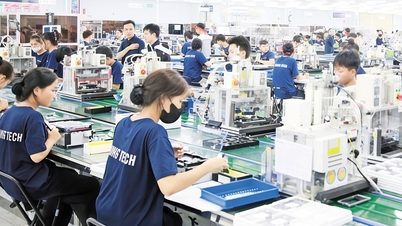

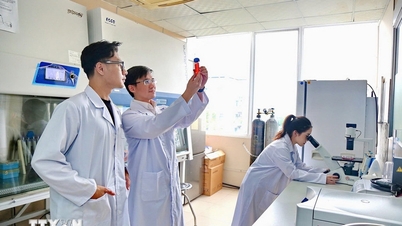





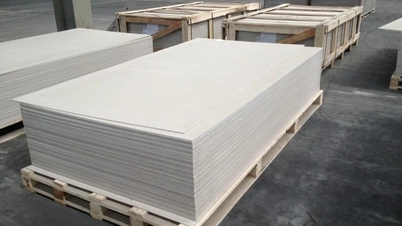

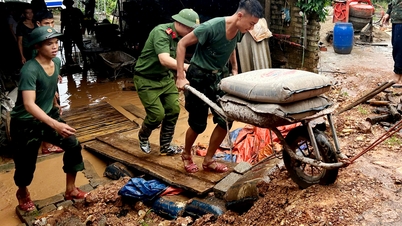

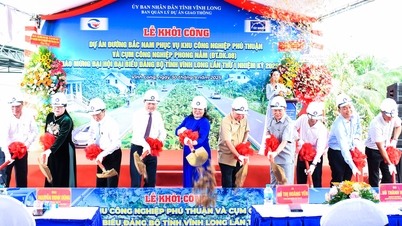






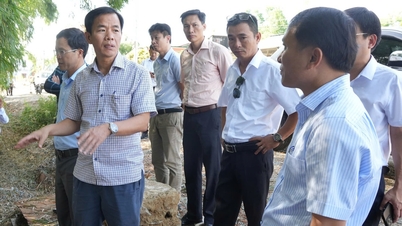
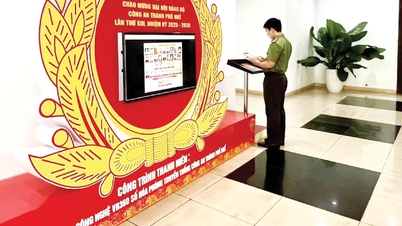
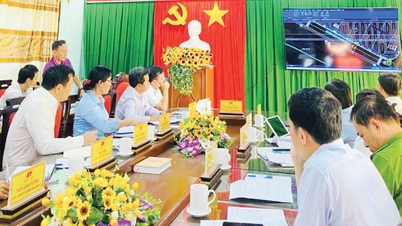

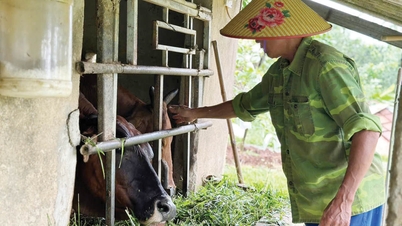

















































![[Infographic] Key tasks in the 2025-2030 term of Dong Nai province](https://vphoto.vietnam.vn/thumb/402x226/vietnam/resource/IMAGE/2025/9/30/59bd43f4437a483099313af036fef0db)

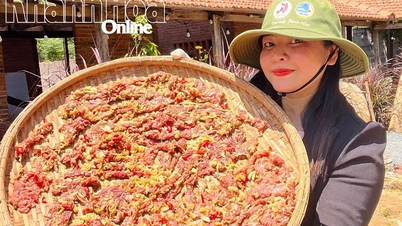
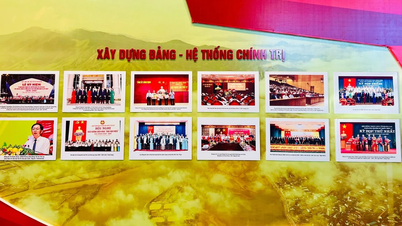

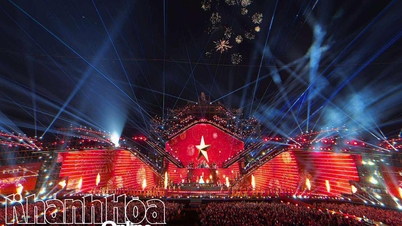
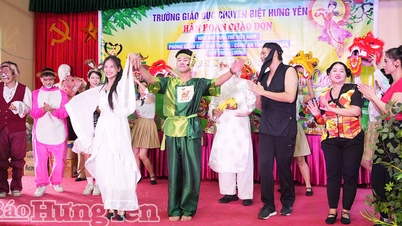

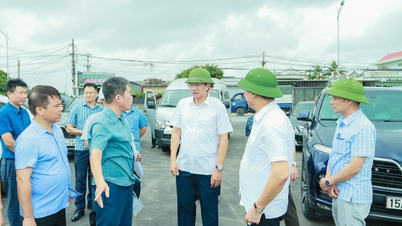









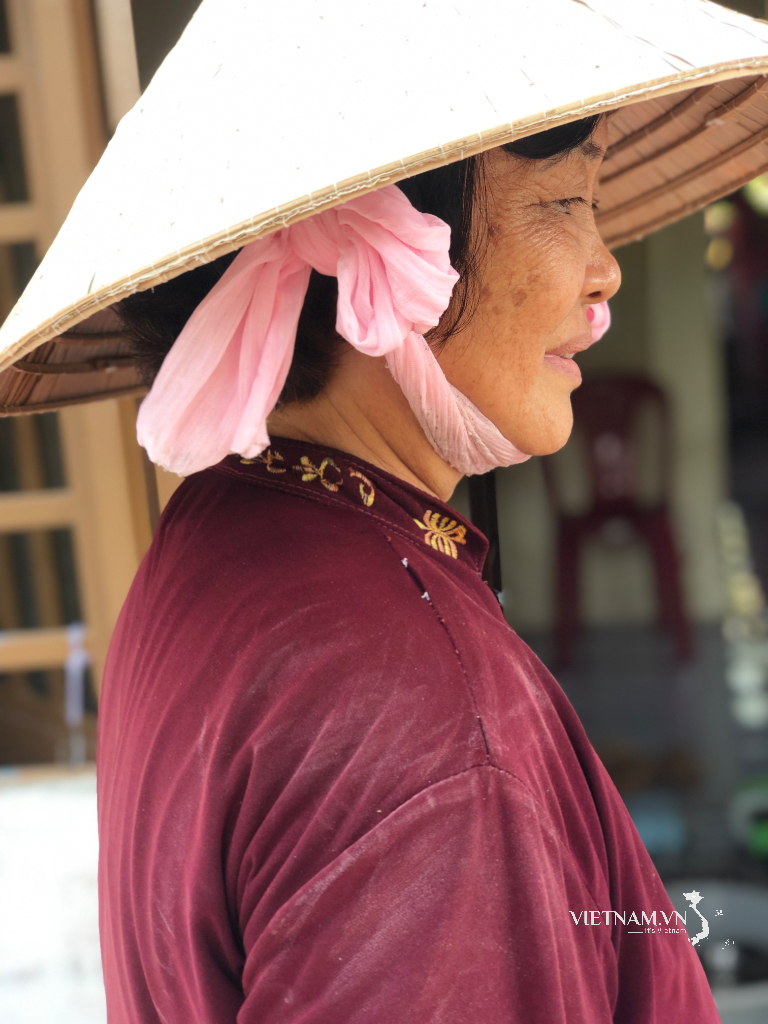



Comment (0)